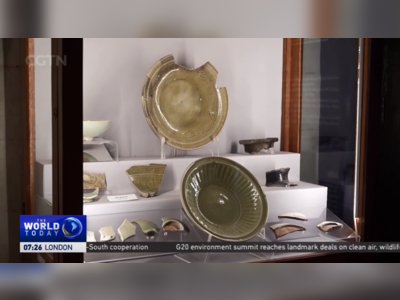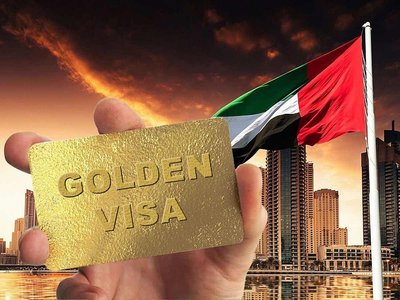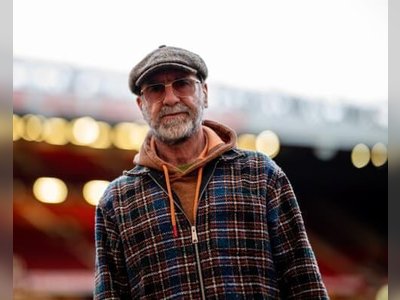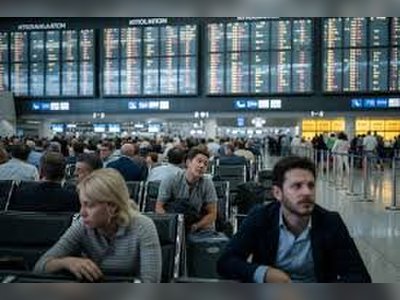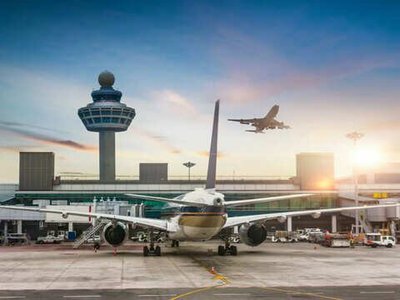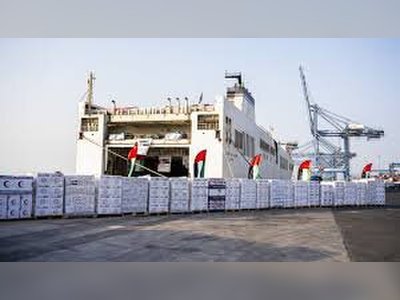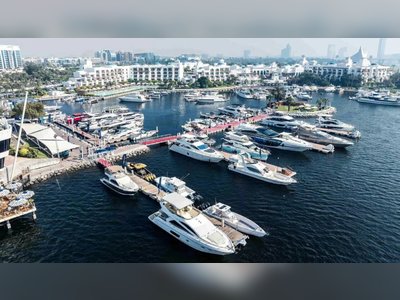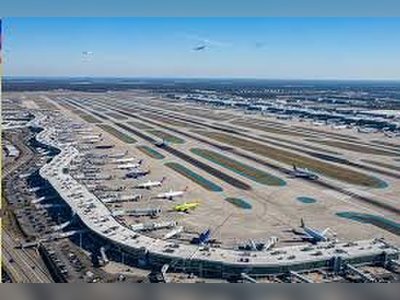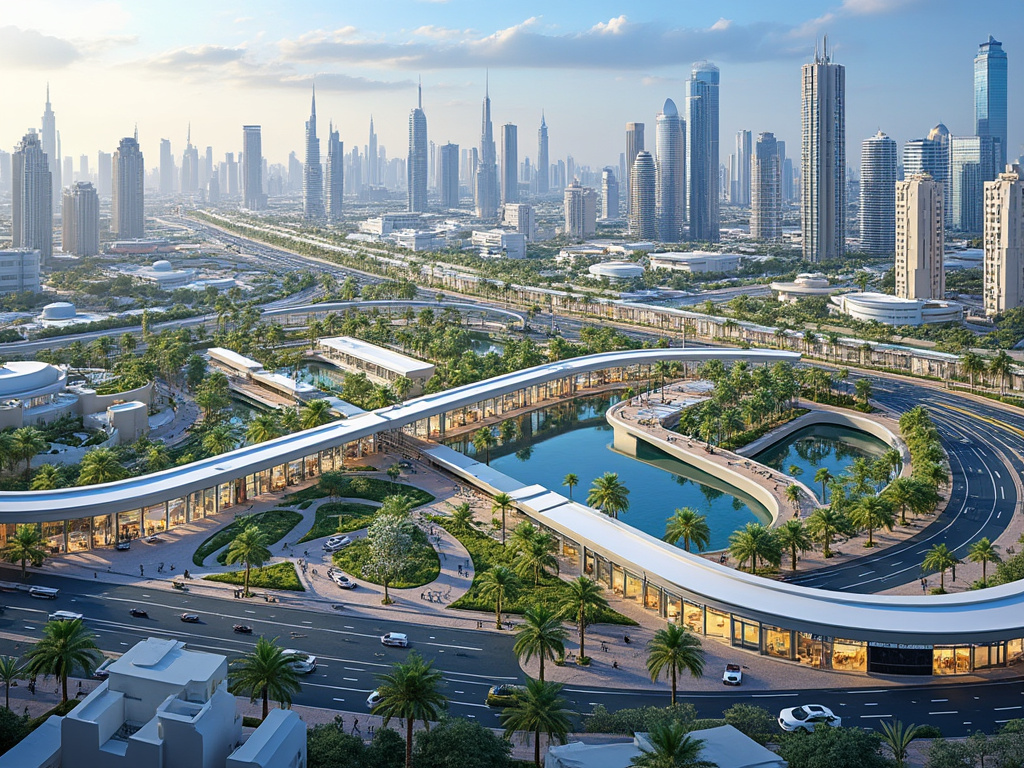
Dubai Advances 20-Minute City with DH55 Billion Urban Development Plan
Transport-oriented development initiatives aim to enhance urban living and reduce reliance on private vehicles.
Dubai has approved a comprehensive transit-oriented development (TOD) plan, a significant urban strategy designed to optimize land use around the city's metro stations.
The Supreme Committee for Urban Planning convened to endorse the initiative, which aligns with the broader 20-Minute City concept, permitting residents to access essential services within a 20-minute commute by various transportation methods.
Mattar Al Tayer, Chairman of the Supreme Committee for Urban Planning, remarked that the meeting focused on key strategies aligned with the Dubai 2040 Urban Master Plan and assessed progress towards the objectives laid out by Sheikh Mohammed bin Rashid Al Maktoum, the Vice President and Prime Minister of the UAE, and Ruler of Dubai.
The vision aims to position Dubai as the world’s premier city for living.
The TOD plan is set to foster development in five urban centers, promote economic diversification, stimulate business growth, and create employment opportunities.
In addition, it is expected to address housing needs and improve essential services while reinforcing Dubai's status as a leader in urban planning through innovative practices.
A component of the TOD initiative includes the newly launched master plan for the Saih Al-Salam corridor, which will feature five service and recreational stations strategically located throughout Dubai's rural areas.
These developments will occur in collaboration with private sector partners.
During the session, Al Tayer emphasized enhancements to the approval workflow for new real estate projects across the emirate, resulting in an expedited approval process for projects worth over DH55 billion.
The approval timing for development land transactions has seen a 60 percent reduction, facilitating greater efficiency in project implementation.
Al Tayer also indicated that 450 million square feet of land has been designated for housing aimed at citizens, alongside the review and approval of over 50 master plans and projects.
These initiatives are part of the Dubai Economic Agenda D33, which seeks to double the size of Dubai's economy and elevate its position among the world's top three urban economies by 2033.
Included in last year's approved projects is 'Dubai Walk', a master plan focusing on pedestrian pathways across the city.
This initiative envisions creating over 6,500 kilometers of pedestrian routes in 160 locations, promoting pedestrian-friendly spaces year-round.
The initial phase of 'Dubai Walk' features two principal pedestrian routes: the Al Ras Loop, a 15-kilometer path that connects key historical sites in Al Ras, and the Future Loop, located near the Museum of the Future.
The Future Loop features a distinguished architectural bridge spanning 2 kilometers and connecting 10 significant sites, complemented by an air-conditioned level and extensive open space designed for public comfort.
Furthermore, a 'Super Block' initiative aims to establish car-free pedestrian-friendly neighborhoods as part of the urban design framework within the Dubai Walk master plan.
This initiative will be initially tested in areas such as Al Fahidi, Abu Hail, Al Karama, and Al Quoz Creative Zone.
The city's commitment extends to beautification efforts and the development of initiatives that enhance life quality for both residents and visitors, particularly in Dubai's countryside and rural areas.
The Supreme Committee for Urban Planning convened to endorse the initiative, which aligns with the broader 20-Minute City concept, permitting residents to access essential services within a 20-minute commute by various transportation methods.
Mattar Al Tayer, Chairman of the Supreme Committee for Urban Planning, remarked that the meeting focused on key strategies aligned with the Dubai 2040 Urban Master Plan and assessed progress towards the objectives laid out by Sheikh Mohammed bin Rashid Al Maktoum, the Vice President and Prime Minister of the UAE, and Ruler of Dubai.
The vision aims to position Dubai as the world’s premier city for living.
The TOD plan is set to foster development in five urban centers, promote economic diversification, stimulate business growth, and create employment opportunities.
In addition, it is expected to address housing needs and improve essential services while reinforcing Dubai's status as a leader in urban planning through innovative practices.
A component of the TOD initiative includes the newly launched master plan for the Saih Al-Salam corridor, which will feature five service and recreational stations strategically located throughout Dubai's rural areas.
These developments will occur in collaboration with private sector partners.
During the session, Al Tayer emphasized enhancements to the approval workflow for new real estate projects across the emirate, resulting in an expedited approval process for projects worth over DH55 billion.
The approval timing for development land transactions has seen a 60 percent reduction, facilitating greater efficiency in project implementation.
Al Tayer also indicated that 450 million square feet of land has been designated for housing aimed at citizens, alongside the review and approval of over 50 master plans and projects.
These initiatives are part of the Dubai Economic Agenda D33, which seeks to double the size of Dubai's economy and elevate its position among the world's top three urban economies by 2033.
Included in last year's approved projects is 'Dubai Walk', a master plan focusing on pedestrian pathways across the city.
This initiative envisions creating over 6,500 kilometers of pedestrian routes in 160 locations, promoting pedestrian-friendly spaces year-round.
The initial phase of 'Dubai Walk' features two principal pedestrian routes: the Al Ras Loop, a 15-kilometer path that connects key historical sites in Al Ras, and the Future Loop, located near the Museum of the Future.
The Future Loop features a distinguished architectural bridge spanning 2 kilometers and connecting 10 significant sites, complemented by an air-conditioned level and extensive open space designed for public comfort.
Furthermore, a 'Super Block' initiative aims to establish car-free pedestrian-friendly neighborhoods as part of the urban design framework within the Dubai Walk master plan.
This initiative will be initially tested in areas such as Al Fahidi, Abu Hail, Al Karama, and Al Quoz Creative Zone.
The city's commitment extends to beautification efforts and the development of initiatives that enhance life quality for both residents and visitors, particularly in Dubai's countryside and rural areas.
Translation:
Translated by AI
